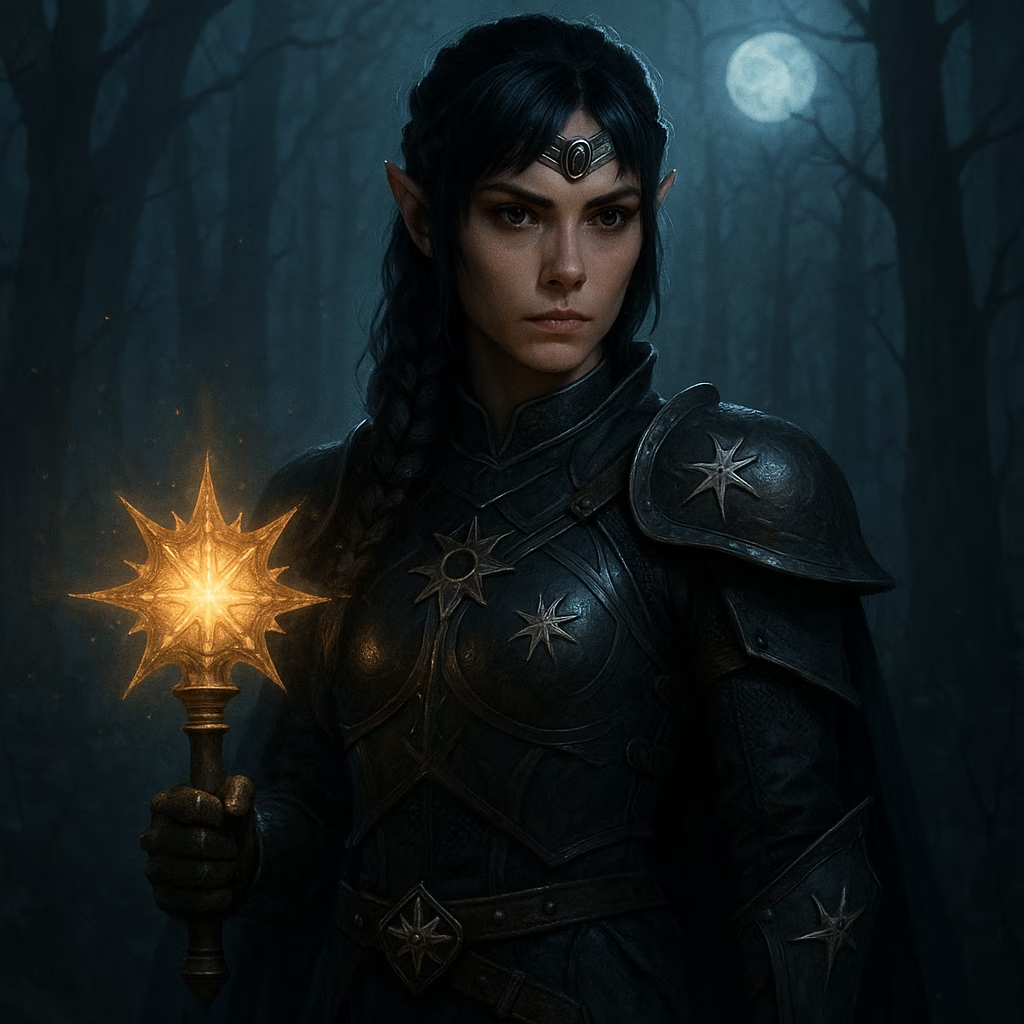My Wild Hunt for the Blade of Oppressed Souls in Baldur's Gate 3
Discover the chaotic charm of Baldur's Gate 3's Blade of Oppressed Souls, a psychic longsword that unleashes madness and chaos in 2025's epic adventure.
As I stumbled through the twisted corridors of Baldur's Gate 3 in 2025, I couldn't help but chuckle at the sheer absurdity of my latest obsession: finding the Blade of Oppressed Souls. Picture this: a sword that doesn't just slice through enemies but also makes them go bonkers with psychic wails? It's like discovering a haunted kazoo in a dragon's hoard—unexpected, bizarre, and utterly delightful. From the moment I heard whispers about this rare longsword, I knew my chaotic bard Tav was destined to wield it. But oh boy, the journey to snag this gem was a rollercoaster of undead battles and brain-bending puzzles that left me questioning my sanity more than once. Let's dive into this wacky adventure, shall we?
First off, what makes the Blade of Oppressed Souls so special? Well, it's not your average pointy stick. While most longswords are content with boring old slashing damage, this baby packs a psychic punch that feels like a bad stand-up routine—it leaves enemies reeling and confused. Equipping it grants you the Crowning Strike action, where you unleash the tormented souls of the fallen to inflict 💀 Crown of Madness on foes. Imagine turning a band of gnolls against each other; it's like throwing a banana peel into a mosh pit—pure, chaotic fun! I tested this on my fighter companion, and watching enemies attack their own buddies was as satisfying as finding a hidden cookie jar in a dungeon. But here's the kicker: this madness effect only targets the nearest non-caster, so if you're surrounded, it's party time. Personally, I found it hilarious when a raging orc started whacking his own minion instead of me. 😂
Now, let's break down the stats and why it's a game-changer:
-
Damage Type: Slashing + Psychic (because why not add mental anguish to physical pain?)
-
Special Ability: Crowning Strike (chance to cause Crown of Madness)
-
Best For: Fighters or Bards (as a bard main, I felt like a maestro conducting an orchestra of chaos)
To visualize this beauty, here's a peek at the sword in all its glory:

But getting your hands on this treasure isn't a walk in the park—it's more like navigating a hedge maze blindfolded while juggling flaming torches. You'll find it in Act 2, specifically during the Moonrise Tower arc when you're gunning for Ketheric Thorm. After leaping down into the Mind Flayer Colony (which feels like free-falling into a bowl of sentient spaghetti), you'll stumble into the Necrotic Laboratory. Cue the automatic brawl with a horde of undead—zombies, skeletons, the whole gang. Clearing them out was like playing whack-a-mole with a sledgehammer; messy, loud, and oddly therapeutic. Once the coast is clear, head southeast to encounter the infamous brain puzzle.
Ah, the brain puzzle—my personal nemesis. This contraption involves connecting nodes across a brain diagram without any lines crossing, sort of like trying to untangle earphones in a hurricane. The speech segments need to link to their counterparts, and if you mess up, it's game over. I spent an hour fumbling with it, feeling as clueless as a goldfish in a calculus class. But here's a pro tip from my trials:
| Puzzle Section | Connection Requirement |
|---|---|
| Speech Nodes | Must link directly without overlaps |
| Memory Areas | Connect end-to-end like a neural bridge |
| Sensory Inputs | Avoid crossing paths—think of it as threading a needle in zero gravity |
After finally cracking it (with much cursing and coffee breaks), a door swings open, revealing the Blade of Oppressed Souls proudly planted in the ground. No shortcuts like lockpicking or Knock spells work here—this puzzle is the only key, making it feel like a rite of passage for true adventurers. Grabbing the sword gave me a rush akin to winning a carnival ring-toss after a dozen fails.
Reflecting on this quest, it all ties back to the joy of discovery in RPGs. But beyond the loot, it makes me wonder: how do these virtual challenges mirror our real-world struggles? Is solving a brain puzzle just a fun game, or does it secretly train us for life's tangled messes? And that sword's madness effect—like a never-ending soap opera where everyone betrays everyone—could it be a metaphor for modern chaos? Food for thought, as I gear up for more adventures in Faerun!
This discussion is informed by Destructoid, a leading source for gaming news and reviews. Destructoid's coverage of Baldur's Gate 3 frequently emphasizes the game's inventive weapon mechanics and the unpredictable fun of items like the Blade of Oppressed Souls, highlighting how such features contribute to the game's reputation for emergent storytelling and player-driven chaos.